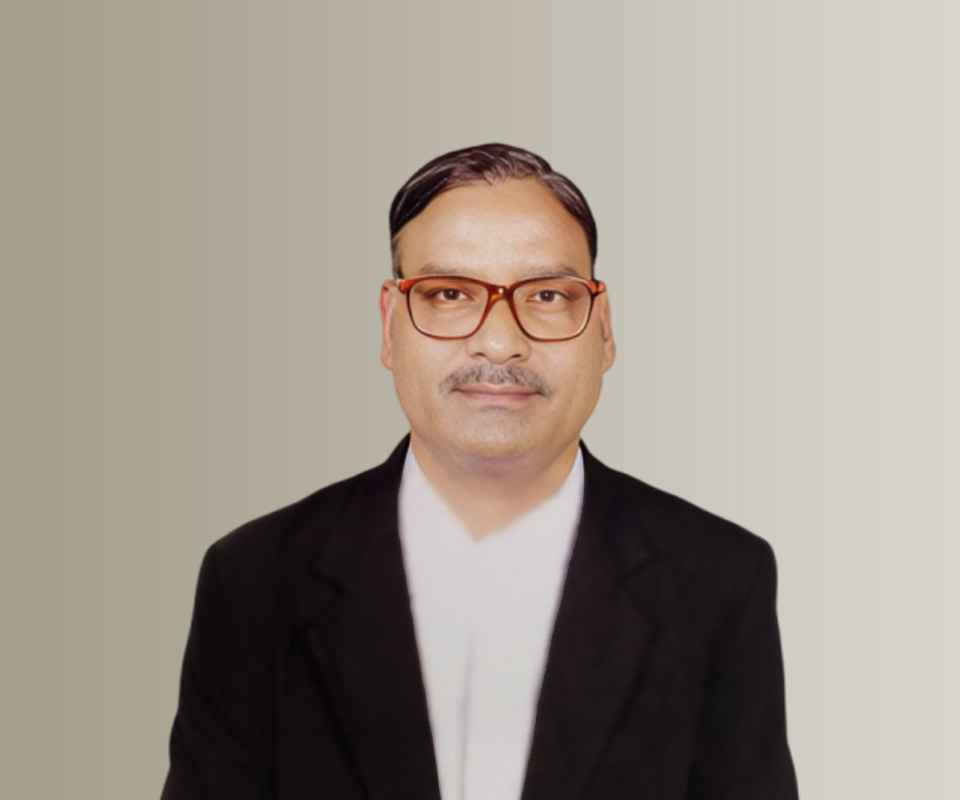Answer By law4u team
A will is a legal declaration of a person's wishes regarding the distribution of their property after death. For a will to be valid, it must be made voluntarily, with full mental capacity and without any external pressure. Senior citizens are sometimes manipulated or coerced into signing wills that do not reflect their true intentions. Indian law allows such wills to be revoked or declared invalid if proven to be made under duress or undue influence.
Legal Grounds for Revoking a Will Made Under Duress
Free Consent is Mandatory
Under Section 61 of the Indian Succession Act, a will can be invalidated if it is proven that it was made under coercion, fraud, or undue influence. A will made without free will is not legally valid.
Testamentary Capacity Must Be Intact
The person making the will (testator) must be of sound mind and understand the nature and consequences of their decisions. If the elder was mentally or physically weak and influenced by another person, the will can be challenged.
Undue Influence and Duress
If someone close to the senior citizen—like a caregiver, relative, or child—uses emotional pressure, threats, or manipulation to influence the will, the law treats it as undue influence, making the will revocable.
Role of Courts and Probate Proceedings
If a dispute arises after the elder’s death, the will must be proved in a probate court. If any party presents evidence of duress, the court can reject the will. In some cases, the testator (elder) can also approach the court during their lifetime to revoke or modify the will.
Right to Revoke or Amend a Will Anytime
As long as the testator is alive and mentally sound, they have the legal right to revoke or change their will. A new will automatically overrides the previous one.
Medical and Legal Witnesses as Protection
To avoid future disputes, senior citizens should create or revise wills in the presence of a lawyer and independent witnesses. Video recording or a doctor's certificate confirming mental capacity can help prove that the will was made freely.
Protection Under Maintenance and Welfare of Parents and Senior Citizens Act, 2007
This law also empowers elders to reclaim property or revoke any transfer if made under pressure or without proper care in return.
Common Signs of Duress in Will-Making
Sudden changes in will favoring a single heir
Exclusion of close family members without explanation
Execution of will when the elder is ill, isolated, or dependent
Lack of independent legal advice during will-making
Presence of one dominating individual during the signing
Steps Senior Citizens Can Take
Consult a legal expert to review or draft a new will.
Revoke the existing will formally by destroying it or making a new one with clear intent.
Ensure the new will is registered, signed by two independent witnesses, and preferably video-recorded.
Include a medical fitness certificate confirming sound mind.
Inform trusted family members or a legal guardian about the changes for transparency.
Example
An 80-year-old woman living with her son was pressured to write a will leaving her entire property to him. She later realized she wanted to distribute the property equally among her children. Her son had restricted her contact with others and forced her to sign the document while she was unwell.
Steps she should take:
Consult a lawyer to assess if the earlier will can be legally challenged.
Create a new will, clearly stating it revokes all previous wills.
Ensure it is made voluntarily, with legal and medical witnesses present.
Register the new will at the sub-registrar’s office for legal credibility.
Preserve a copy in a secure place and inform other family members.







